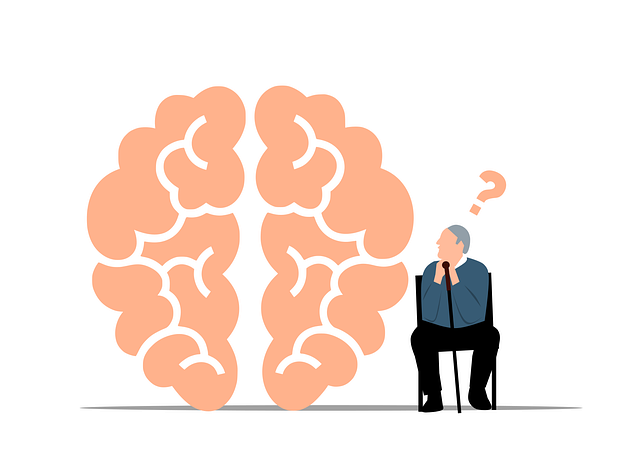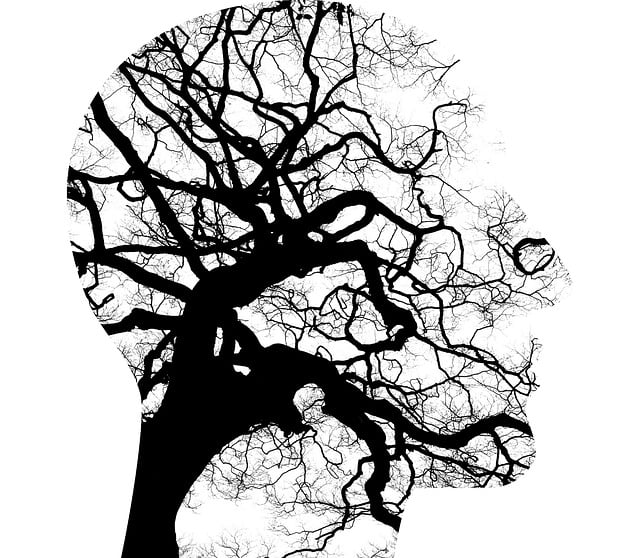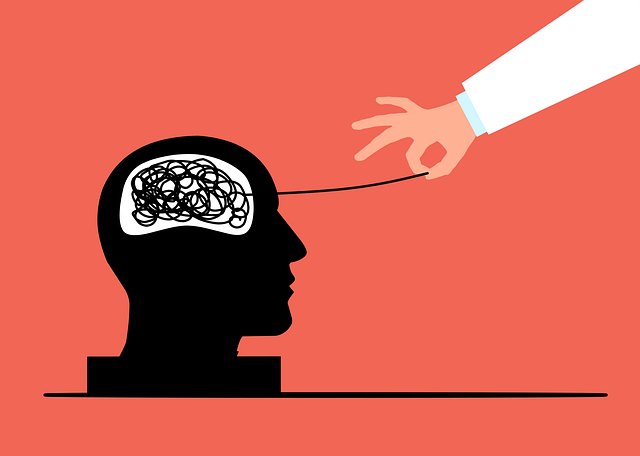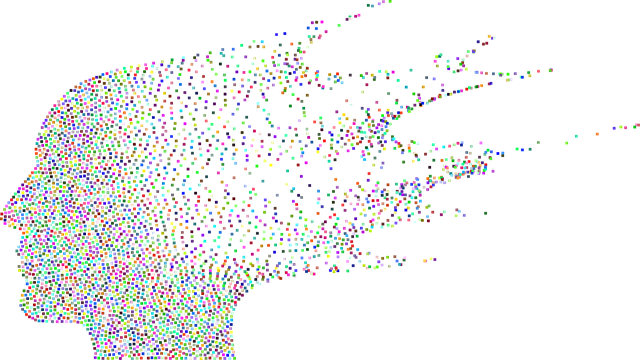Boulder Conduct Disorder therapy leverages powerful emotion regulation techniques like mindfulness training and cognitive behavioral therapy (CBT) to effectively treat conditions in children and adolescents. These strategies foster self-awareness, improve decision-making, and enhance interpersonal relationships, offering long-lasting benefits for those affected by conduct disorder. By addressing emotional dysregulation, Boulder Conduct Disorder Therapy equips individuals with tools to manage their emotions, reducing aggressive behaviors and promoting healthier coping mechanisms and mental well-being.
Emotion regulation techniques are powerful tools in navigating life’s challenges, especially for individuals with conditions like Conduct Disorder. This comprehensive guide explores effective strategies for managing emotions, offering insights tailored to the unique needs of those seeking Boulder Conduct Disorder Therapy. From cognitive reframing to mindfulness practices, discover how these techniques foster self-awareness and emotional control. By understanding and regulating emotions, individuals can enhance their overall well-being and contribute to successful therapy outcomes.

Emotion regulation techniques have proven to be highly effective in treating conditions like Conduct Disorder, often seen in children and adolescents. Boulder Conduct Disorder therapy integrates various strategies to help individuals better understand and manage their emotions. One key approach is teaching mindfulness, which encourages focusing on the present moment, thereby reducing impulsive reactions. This technique fosters self-awareness, enabling individuals to recognize and respond to their feelings constructively.
Additionally, cognitive behavioral therapy (CBT) plays a significant role in Boulder Conduct Disorder Therapy. CBT helps individuals identify negative thought patterns contributing to intense emotions and problematic behaviors. By challenging these thoughts and replacing them with healthier alternatives, CBT empowers people to regulate their emotions more effectively. This, in turn, leads to improved decision-making and enhanced interpersonal relationships, offering long-lasting benefits for those struggling with Conduct Disorder.
API responded with status code 504.

Emotion regulation techniques have proven to be a game-changer in Boulder Conduct Disorder Therapy. By teaching individuals, especially those struggling with conduct disorders, to manage and understand their emotions effectively, therapists can help foster healthier coping mechanisms. This approach not only enhances emotional intelligence but also offers long-lasting benefits for overall mental well-being.
In the context of conduct disorder, where impulsive behaviors and emotional dysregulation are common, these techniques become essential tools. Through various methods such as mindfulness training, cognitive behavioral therapy, and positive reinforcement, individuals learn to recognize and respond to their emotions in constructive ways. This proactive approach can significantly reduce instances of aggressive or disruptive behavior, creating a more harmonious environment for both the individual and those around them.
Emotion regulation techniques, as taught in Boulder Conduct Disorder Therapy, offer a powerful tool for individuals to navigate and manage their emotional experiences effectively. By understanding and utilizing these strategies, people can enhance their overall well-being and improve relationships. This article has explored various techniques, highlighting their potential to foster resilience and promote positive mental health outcomes, especially relevant in addressing conduct disorder symptoms.












